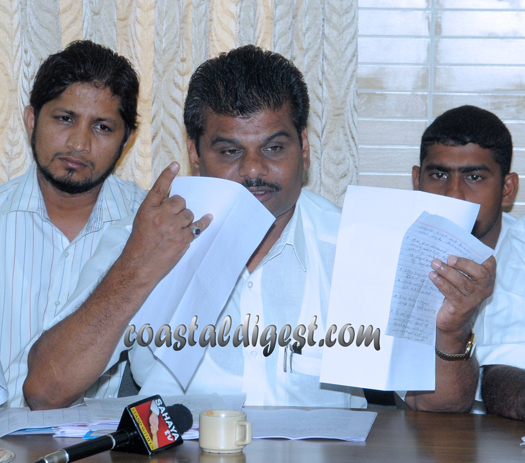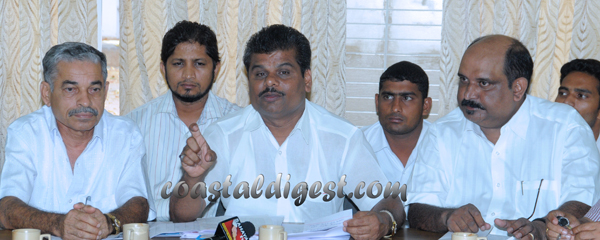
Mangalore, May 10: Members of Christian community in Dakshina Kannada, who have borrowed money from public sector banks to build houses, will get an interest waiver upto Rs 1 lakh under the state government's Christian Development Scheme.
Interest accumulated after 2007 will be paid under the scheme to the bank directly through Karnataka Minorities Development Corporation (KMDC) Limited. KMDC chairman NB Aboobakkar told reporters here that the amount will be paid as a grant-in-aid and beneficiaries are not liable to pay back.
“Christian families, who have an annual income of less than Rs 1.5 lakh,can avail the benefits under the scheme. A total of Rs 1.23 crore has been earmarked to help 164 beneficiaries in Dakshina Kannada district, who have borrowed a minimum of Rs 1 lakh and a maximum of Rs 5 lakh to build houses,” he added.
KMDC has a target of distributing benefits to the tune of Rs 10.71 crore under various schemes to 5,771 minority community members in the district.
Scheme benefits worth Rs 3.68 crore will be distributed to 1,799 Christian community members under the Christian Development Scheme of the government.






Comments
Add new comment